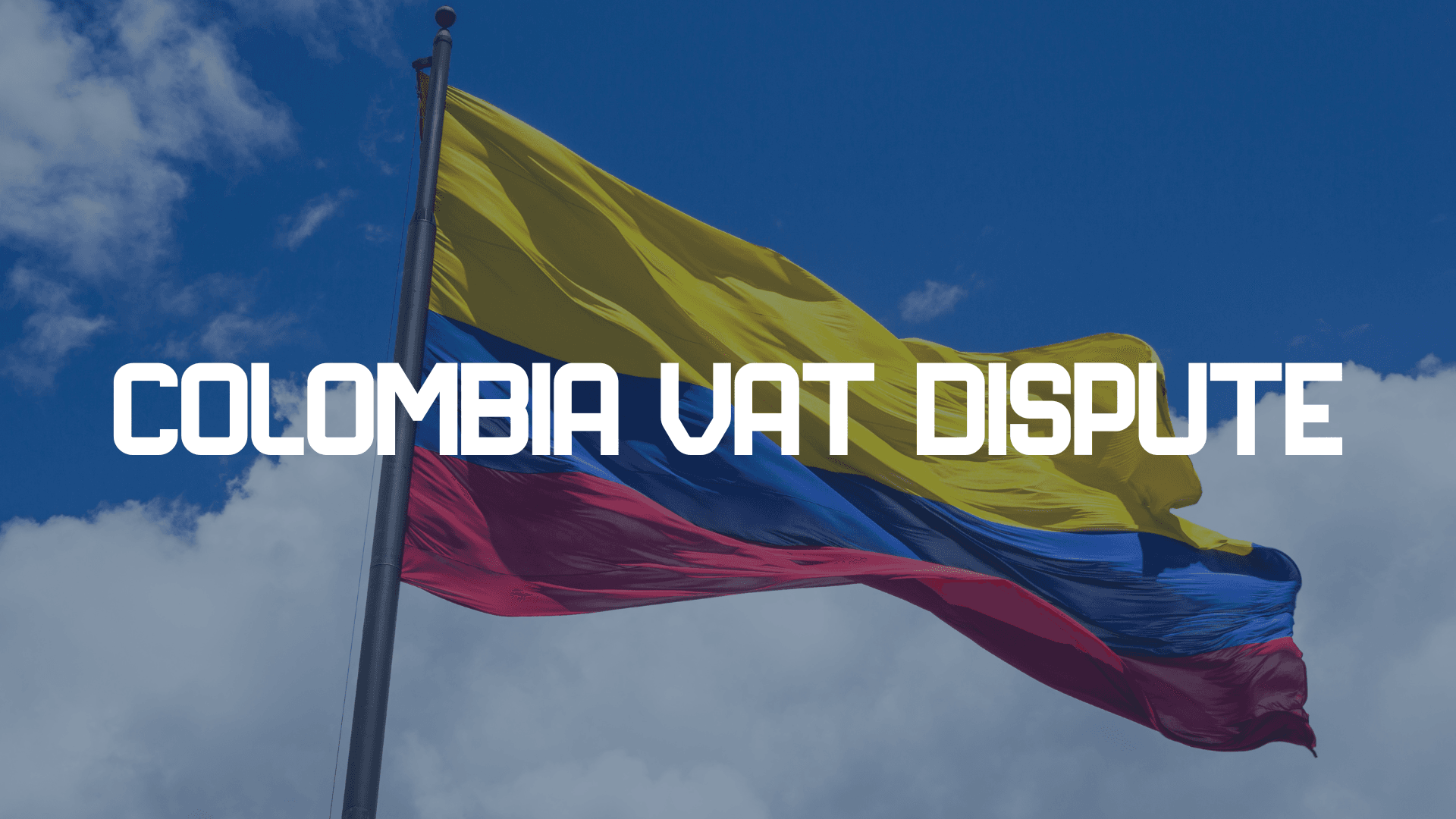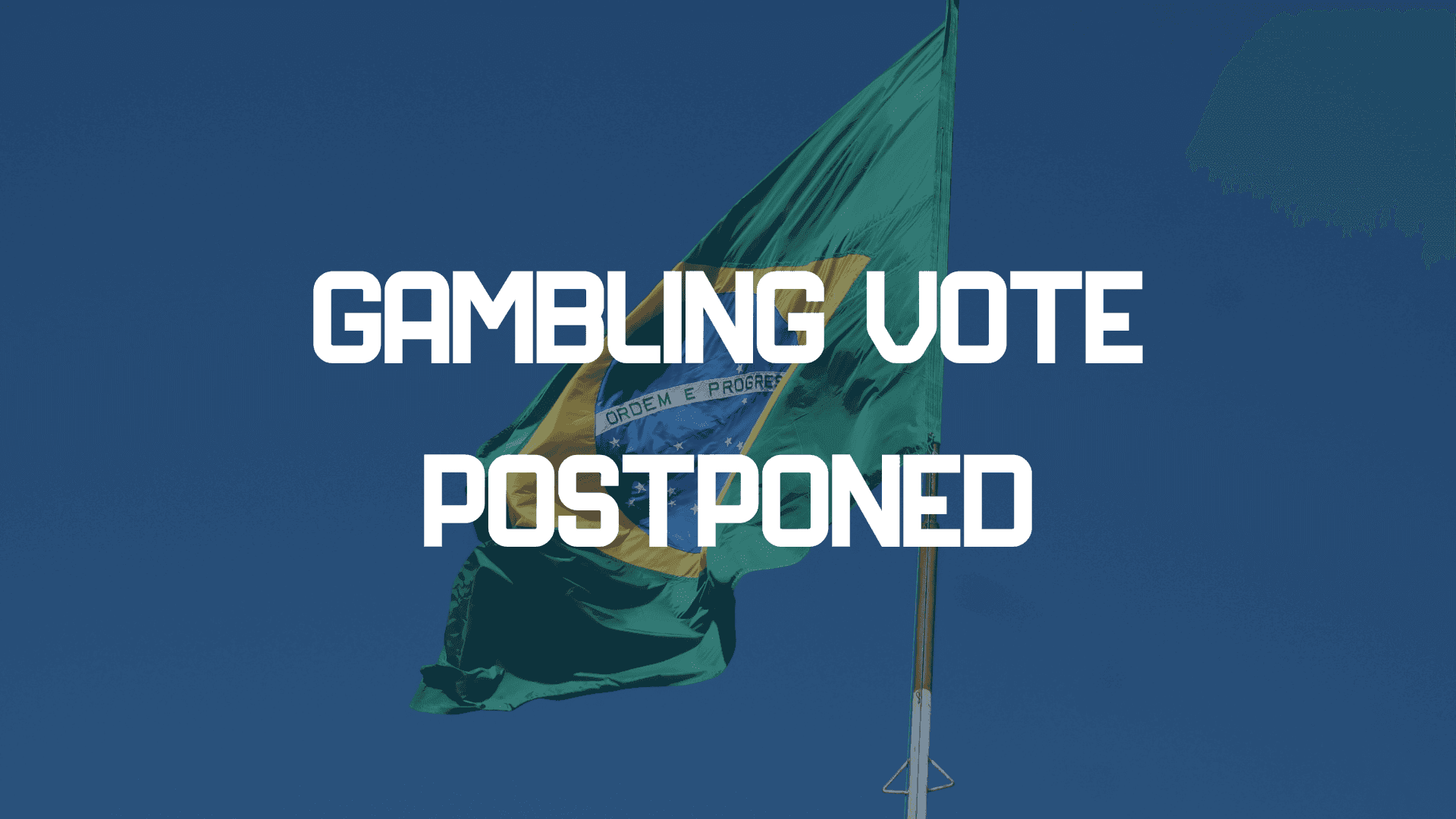The Brazilian Senate has delayed a pivotal vote on a sweeping gambling legalization bill that aimed to regulate casinos, bingo halls, and the long‑standing yet informal Jogo do Bicho. The postponement marks a significant pause in the country’s efforts to modernize and formalize its gambling sector.
A Comprehensive Bill Put on Hold
The legislation, introduced as part of broader economic and tourism development initiatives, was expected to set out a clear regulatory framework for land‑based gaming. It proposed granting licenses for integrated casino resorts, authorizing bingo halls under strict conditions, and integrating Jogo do Bicho into a formal regulatory and taxation system.
Had it passed as planned, the bill would have paved the way for a new federal gambling authority to oversee licensing, monitor operations, and enforce responsible gaming standards across Brazil.
Reasons for the Delay
Senators cited the need for further analysis of critical components, including taxation structures, licensing criteria, and safeguards to prevent problem gambling. Additional discussions are also underway to assess the social impact of expanded gaming and to ensure measures are in place to deter illegal operators from taking advantage of a newly liberalized market. The delay follows months of debate among lawmakers, with some pushing for faster approval to boost state revenues and tourism, while others urge caution to avoid unintended social consequences.
Implications for Industry and Investors
The decision to postpone creates uncertainty for domestic and international operators who have been monitoring Brazil as one of the world’s most promising emerging gaming markets. Investors, hotel groups, and casino developers had been positioning themselves in anticipation of new opportunities, particularly in regions targeted for integrated resort development.
While the delay is disappointing for some stakeholders, industry observers note that it may lead to a more comprehensive and sustainable regulatory framework in the long term. A carefully crafted bill could provide a strong foundation for market growth while protecting players and communities.
Looking Ahead
The Senate is expected to revisit the proposal later this year. Until then, operators and investors will continue to wait for clearer signals on when and how Brazil might join the ranks of countries with fully regulated casino and bingo industries.
If approved in its current or amended form, the bill could reshape Brazil’s entertainment and tourism landscape, creating new jobs, attracting foreign investment, and bringing long‑standing informal gambling activities under government oversight.
Sources: Gambling insider, iGambling Business, Yogonet

Betsson Becomes Official Betting Partner of the Davis Cup

Betinia Expands Gamification Strategy with Diego Simeone ‘Football Manager’ Platform

Betty Expands Toronto Footprint with Argonauts and Toronto FC Deals

FeedConstruct Acquires Exclusive Global Rights to Argentine Basketball Leagues

Petro Pushes to Preserve Colombia’s Gambling VAT Amid Budget Pressure
2026 © Invixos. All rights reserved. A product by Jerom Verschoote.

